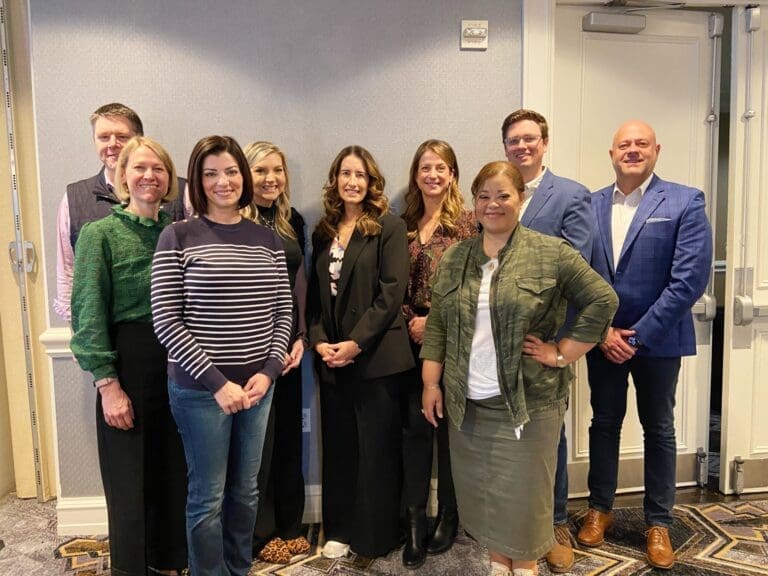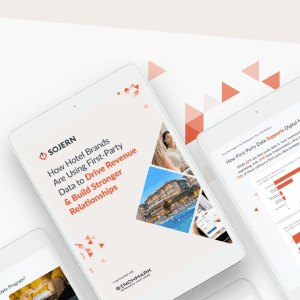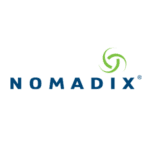I n the past 18 months, the travel industry has faced unprecedented uncertainty. And, just when it seemed like recovery was imminent, more transmissible, dangerous variants of COVID emerged, throwing more unpredictability into hotel marketers’ laps.
n the past 18 months, the travel industry has faced unprecedented uncertainty. And, just when it seemed like recovery was imminent, more transmissible, dangerous variants of COVID emerged, throwing more unpredictability into hotel marketers’ laps.
All major countries in Southern Europe experience a significant drop in hotel bookings when we compare 2019 to 2021. These numbers are in spite of hoteliers’ best efforts to adopt new policies, procedures, and offerings to cater to new–and changing–traveller preferences. Greece has recovered the fastest in terms of hotel bookings, particularly for Western European travellers. Domestic tourism is responsible for much of the travel recovery for other Southern European countries including France, Italy, Portugal and Spain.
When looking at France, Greece, Italy and Spain, we see a summer peak in hotel bookings with a sharp rise in bookings (+ 257.9%) observed from April to July 2021. A gradual reduction (- 5.3%) in bookings is expected and observed as we head into late summer (mid-July to beginning of August). While evolving customer service endeavours and protocols are great first steps, hotel marketers must deploy multichannel strategies to communicate those offerings to inspire travellers no matter where they are.
In today’s uncertain world, multichannel strategies hold the key to engaging travellers to drive bookings both now and in the future. Here are three ways to lay the groundwork for multichannel return on investment.
Leverage the right datasets
Successful multichannel campaigns hinge on successful data strategies. Hotels can’t rely on just one small snapshot of traveller data, so marketers must create a data ecosystem that will paint the full picture of potential travellers and their intent. CRM, paid media, loyalty and booking, app and website, external industry, and path to purchase data are all examples of various touchpoints that provide valuable information. This mix allows marketers to see industry trends and competitor information, understand the sales process, see how prospective and current travellers are interacting with the hotel website, which ads generate ROI, and what customers are doing. Ultimately, this enables marketers to deploy ads with messaging that resonates and drives bookings.
Pandemic lockdowns have been challenging for travel marketers globally, as they navigate new safety protocols, staff furloughs, rehiring, and revenue uncertainty. Markarem Annakheel Village Jeddah in Saudi Arabia and Sojern partnered to establish a multichannel marketing campaign in order to quickly take advantage of reopening markets and reach travellers eager to take advantage of the post-lockdown demand for travel. Across display and Facebook, they reached the right audiences and maximised marketing budget— and achieved $20,000 in direct booking revenue in only three months.
Deliver a new traveller experience
Travellers today expect a completely different hotel experience compared to just a year and a half ago. To accommodate these new demands, hotels must deliver people-first marketing strategies that leverage data to understand customers at a granular level. These insights will enable hotels to uncover wants, needs, and concerns–and meet ever-changing customer expectations, every time.
People-first marketing strategies are multifaceted and go well beyond messaging. While messaging is critical, it’s just as important to reach customers where they are. From social media to corporate websites to display ads, deploying multichannel campaigns can enable hotel marketers to inspire travellers, anytime and anywhere. By changing up models, channels, and methods, hotels can communicate directly with prospective travellers and capture critical data and bookings. Now is a great time to think outside of traditional methods and experiment with connected TV, video, and social media platforms, or even switch up tried and true ad strategies.
Prepare cookieless strategies now
Web browsers are phasing out third-party cookies, with Chrome discontinuing the use of third-party cookies by 2023. These cookies have been the primary data collection tool for marketers for decades. Cookies traditionally track website visitors, collect data, serve ads, cross-site target, remarket, and overall help hotels drive bookings. While it may be tempting to push off cookieless marketing strategies until absolutely necessary, hotel marketers must start the planning process now. Hashed emails, first-party data, and historical booking data will all play critical roles to inform campaigns.
There are simple steps marketers can take now to gear up for a cookieless world. Whether it’s making sure websites are passing hashed email data or working with partners to acquire first-party data, laying the groundwork will ensure marketers are ahead of the curve. In addition, marketers will need to enact new marketing tactics that correspond with hashed emails, new data collection methods, and more. The need for both traveller data and cookieless guidance will deepen industry partnerships while increasing current and future value.
After the past year and a half it’s clear that no one can predict the future. However, hotels can hedge against risk and deploy strategies that allow for rapid adjustments to ever-changing conditions. With the right data, partnerships, messaging, and preparation, hotel marketers can create successful, multichannel campaigns that inspire travellers to book.
About the author
Céline Chaussegros is Sojern’s Managing Director for Europe. She supervises multicultural teams in London, Dublin, Paris and in markets, and oversees all European commercial activities and advertising operations across hotels, attractions, airlines, and destinations. With more than 15 years of experience in the online travel and hotel distribution spaces, Céline has an unmatched history of supporting hoteliers and the European travel industry. Prior to Sojern, Celine held roles at Orbitz Worldwide, OPODO, and Hotels.com. As a true European expert, she holds a double master in Applied European Languages—speaks four languages—and Tourism Management, having studied and lived in Germany, then Belgium where she started her career working for the German National Tourism Board.































